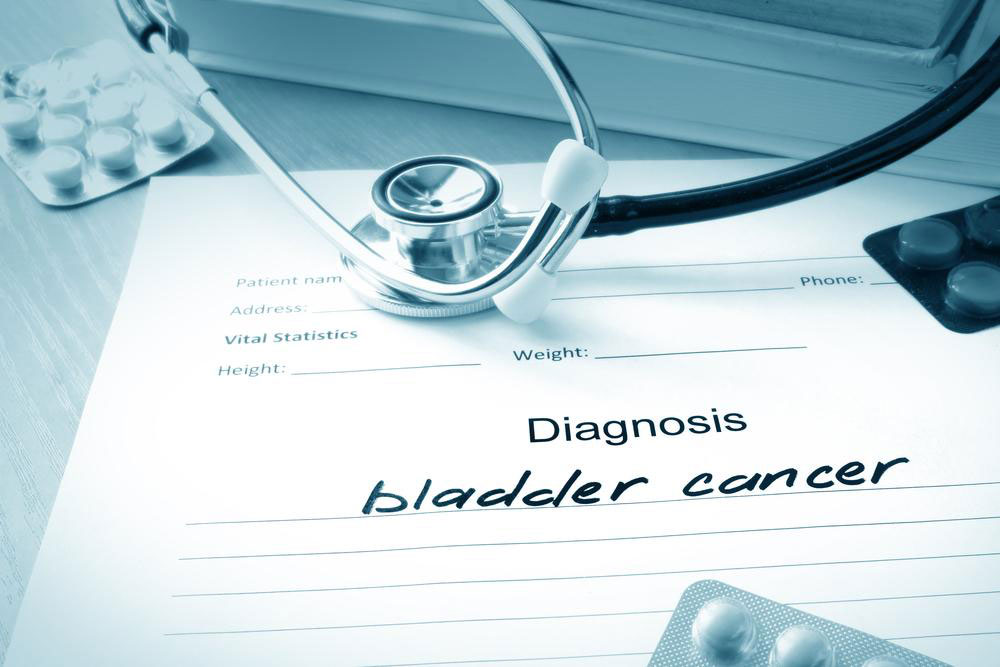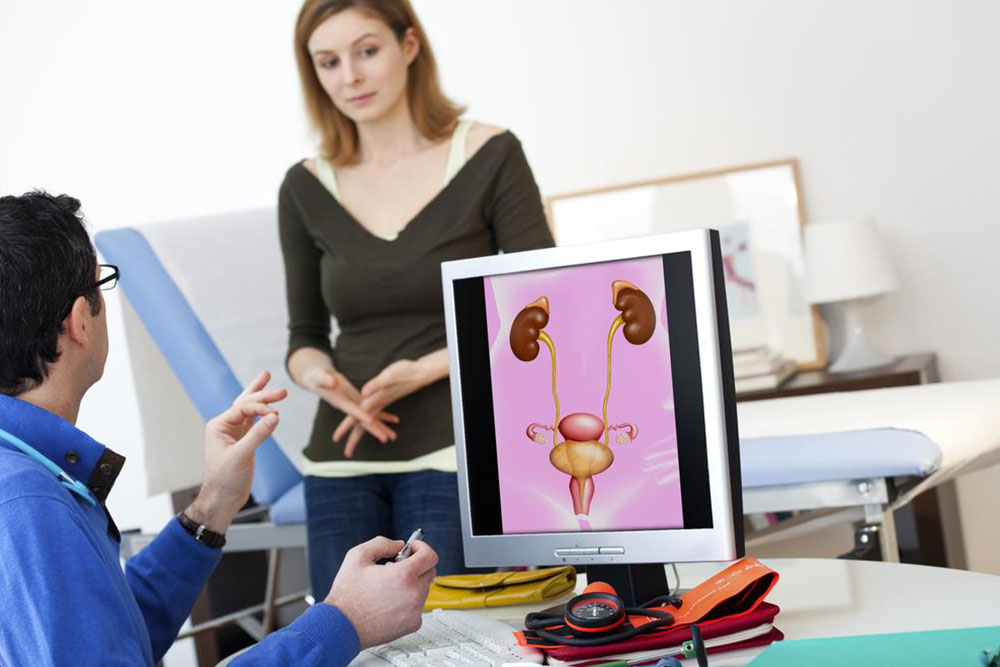Exploring the Role of Immunotherapy in Managing Bladder Cancer
This article examines how immunotherapy offers a promising approach for treating bladder cancer. It explains the types of immunotherapy, their effectiveness, possible side effects, and the importance of early diagnosis and regular follow-ups. Immunotherapy enhances the immune system's ability to fight cancer, leading to improved outcomes and reduced recurrence risks. While generally safe, patients should be aware of temporary side effects. Early detection and ongoing monitoring are essential for successful management of bladder cancer with immunotherapy.

Exploring the Role of Immunotherapy in Managing Bladder Cancer
The urinary bladder, a muscular organ resembling a balloon, functions as a reservoir for storing urine within the body. When malignancies originate in this muscle tissue, they are classified as bladder cancer or bladder carcinoma. It is among the most common cancers, affecting approximately 68,000 adults annually in the United States, predominantly men.
Today, various treatment strategies are available for this disease. If you're curious whether immunotherapy can be an effective treatment option for bladder cancer, this article provides insights.
What is immunotherapy?
Immunotherapy is an innovative cancer treatment that enhances the body's immune response to target and eliminate cancer cells.
There are two primary forms of immunotherapy used in bladder cancer treatment:
Checkpoint inhibitors
Cancer vaccines
How effective is immunotherapy?
Immunotherapy has shown promising outcomes in managing bladder cancer. Its success lies in boosting patient responses and lowering the chances of cancer recurrence, making it a valuable addition to treatment options.
Are there side effects?
While generally well-tolerated, immunotherapy may cause temporary side effects which usually resolve within days or weeks. Common issues include swelling of the legs, hypertension, fatigue, mouth sores, and diarrhea. The severity often diminishes with subsequent sessions.
Early detection remains crucial for treatability. Despite its effectiveness, bladder cancer can recur, necessitating regular follow-up tests. Such monitoring helps detect any recurrence early and ensures timely intervention.










